The Hungarian prime minister held a joint press conference with Albanian Prime Minister Edi Rama to report on developments at the European Political Community summit.
European leaders met today in a difficult, complicated and dangerous situation, Viktor Orban said at the beginning of the press conference, explaining that
Dangers simultaneously threaten peace, stability and prosperity in Europe. For the third year, Russia has been at war with Ukraine. The Middle East is in flames and the threat of escalation looms. Destabilizing conflicts rage in North Africa and illegal migration is a persistent challenge, approaching the magnitude of its previous peak. The global economy is fragmenting and separating into blocs to a degree not seen since the Cold War.
"We have convened because we believe that together we can provide better responses to these threats than separately," Mr Orban stressed.
"My personal assessment of the situation is that we have all realized that there is no time to waste."
History seems to have accelerated. A chapter has come to an end with the US elections, the world will change, and will change faster than we think. Great, giant issues are on the table. War or peace, migration or protection, blocification or connectivity, subordination or European sovereignty,
he explained.
The Hungarian Prime Minister stressed that today's meeting of the European Political Community was a deliberation, and no formal decisions were brought. "Therefore, I am reporting to you now a summation of the views that were voiced at the meeting in which there were a good number of differing opinions," he said, adding that he would talk about what they were in agreement on.
"There was agreement on the need to respond to the US election result. We have to be aware that big changes are coming and we have to react accordingly. There was agreement on having peace in Europe as soon as possible. There was agreement that Europe should assume greater responsibility for its own peace and security in the future, and to put it more directly, we should not expect the Americans to provide us defense alone."
And there was also broad consensus that Europe must remain a substantial player in the negotiations and processes that lie ahead and will determine the future. These will affect the fate of Europe. There will be such negotiations soon, and Europe will have to be present there with the necessary weight to influence subsequent decisions,
Viktor Orban stated.
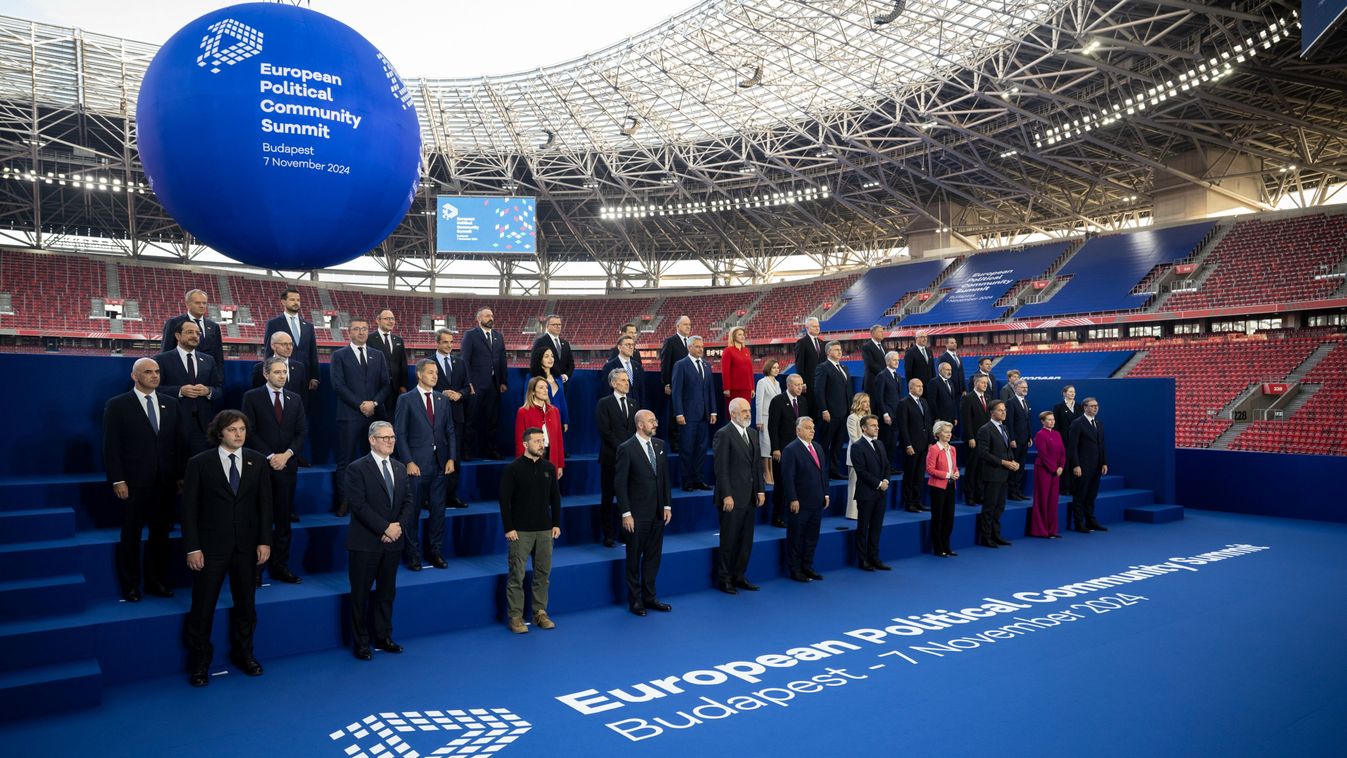





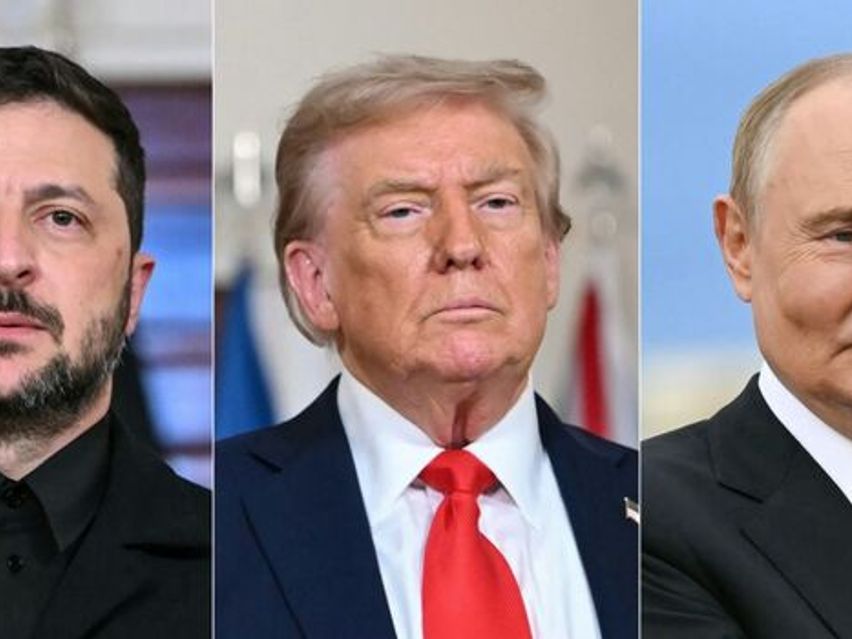

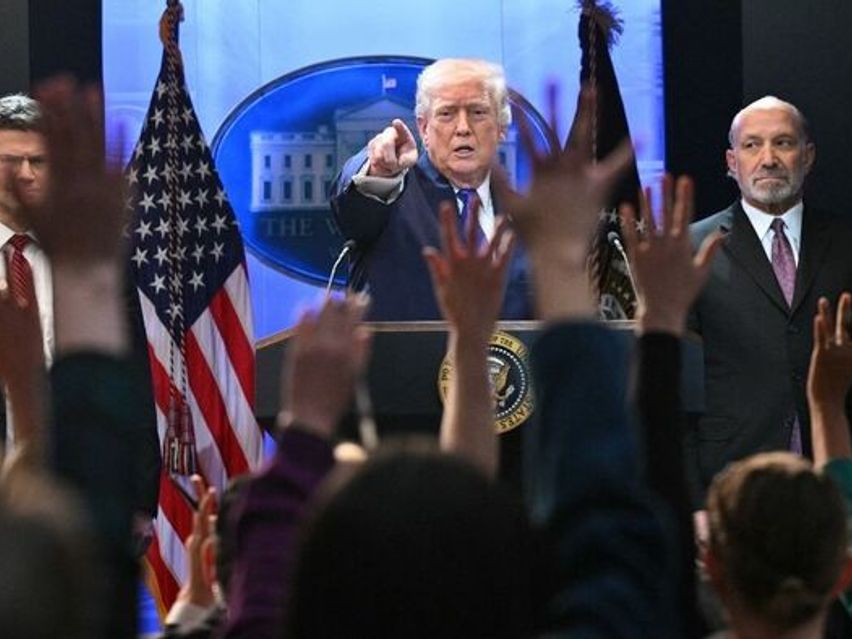
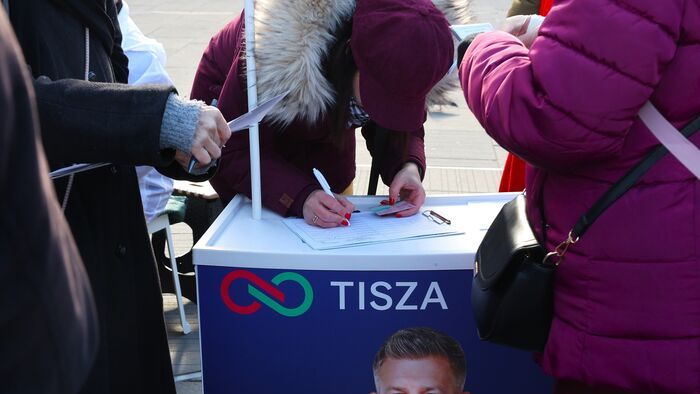




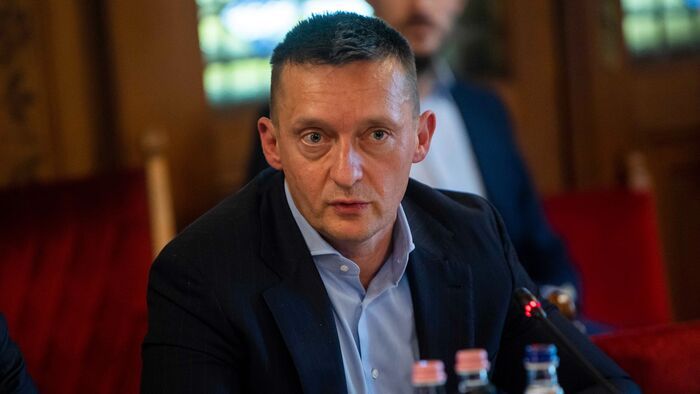
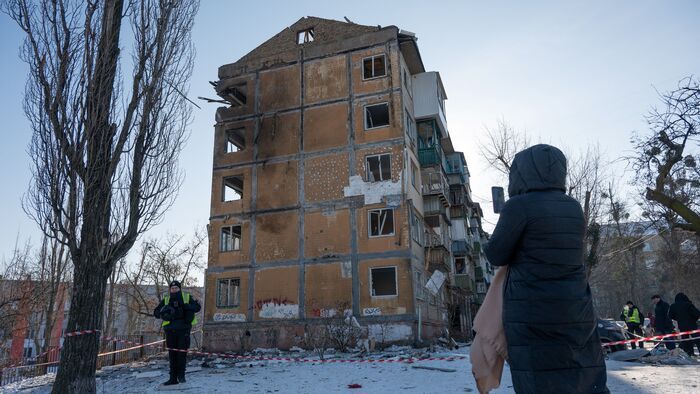
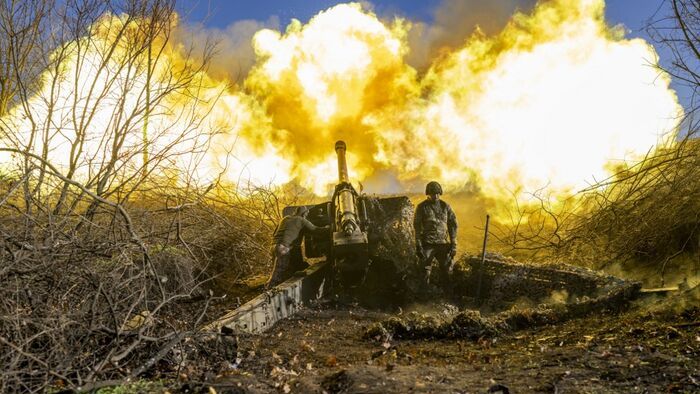
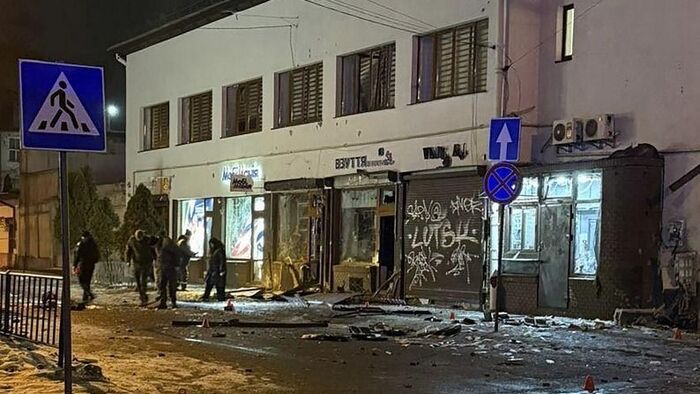


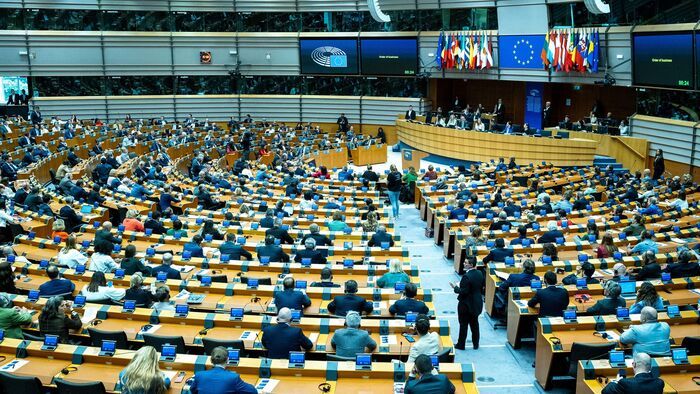


Szóljon hozzá!
Jelenleg csak a hozzászólások egy kis részét látja. Hozzászóláshoz és a további kommentek megtekintéséhez lépjen be, vagy regisztráljon!